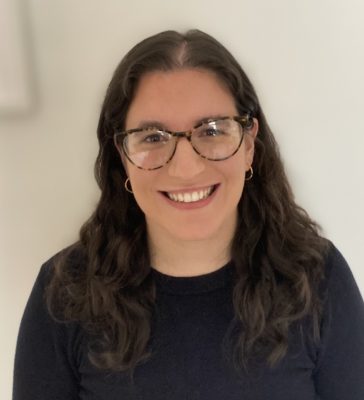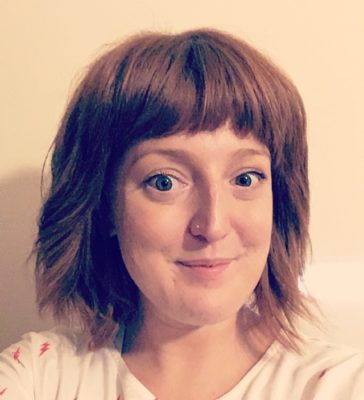
John Watt
Current Employer/Organisation Name
NHS (Kings College London & Royal Surrey)
What have you been doing since leaving Exeter, and what are you doing now?
Immediately after finishing my studies at Exeter I was lucky enough to start work in the investment & financial services. My time here was very insightful and valuable. However, I decided climbing the cooperate ladder was not for me. After spending some time travelling around Europe I applied and was accepted to a competitive fast track graduate entry degree in Dentistry at the University of Central Lancashire (UCLAN). Since qualifying as a dentist I have mainly focused in specialist hospital services within the NHS including Oral & Maxillofacial surgery – treating patients with head and neck disorders including facial trauma and cancer. Oral Medicine & Facial pain – treating the weird, wonderful and rare conditions of the face and mouth. I am currently working in the NHS in London and training to specialise as a Orthodontist. Being a registered specialist will enable me to treat a range of patients with complex jaw, teeth and facial deformities as well as patients seeking cosmetic improvement to their smiles. I currently also work as an out of hours oncall junior doctor in Oral & Maxillofacial Surgery in Somerset, providing cover for patients in the area who have facial trauma and serious infections.
Why did you choose this career? And what do you enjoy most about your work?
Originally I did not know what I career I wished to pursue when I first started university. However, I decided I wanted a role which was scientific and included problem solving. I fell into my current role after really finding myself enjoying shadowing a friends (who was also an Exeter student) father at his dental clinic. I enjoy being able to put a smile on peoples face (quite literally) and the interactions and changing peoples perceptions with dentistry, especially with the limited workforce and the challenges that we face in the NHS.
Please tell us if you were a member of any societies, groups or sports clubs?
I attended several different societies and clubs but the two I regular attended were the art and fashion society. I was actually on the first published cover of Exeter’s fashion magazine.
Were you part of the Exeter Student Ambassador Scheme at any point during your studies?
Yes
What did you enjoy most about your programme and what was the biggest highlight?
I really enjoyed the organic chemistry side of my course. I originally had studied Biochemistry but in year 2 due to me enjoying the chemistry modules so much I decided to convert my degree to include as much organic chemistry as possible. I also really enjoyed the astrochemistry module I was able to undertake in my final year, learning about the chemistry of life was fascinating. My biggest highlight would be obtaining transferable analytical skills and research skills I use day to day in my current role. It is important to remember you do not have to work just in your subject directly, every degree will give you multiple transferable skills!
What did you enjoy most about studying here?
I particularly enjoyed the location – all my friends at various other universities were jealous Exeter students often used to revise on the beach for our summer exams.
Why did you choose to study at Exeter?
Being from rural Devon and being the first person in my family to attend university I thought the prospect of university appeared daunting. I was part of the outreach STAR scholarship scheme for students in the local area who came from disadvantaged backgrounds/were first generation university students. I found this extremely motivating. Additionally, I really enjoyed the introducing day with the bioscience department and found all the staff and students to be extremely friendly. Exeters bioscience departments are know to industries and I felt having a degree from a university which is part of the Russel group would uplift my career, giving me multiple career options.
What skills and experiences have been most useful for your career?
Being a great problem solver will help you in any role. Whether its in investment banking, surgery or something completely different a strong science based degree will go far. My degree at Exeter was challenging and allowed me to see the world in a more analytical way.
What advice would you give to a current student who wishes to pursue your career?
Get a broad range of experience in areas which interest you. Stay motivated, if at first you don’t succeed learn from your mistakes and try again.
What are your plans for the future?
I have many more exams until I become an official specialist. However, once I have finished my studies I would like to either set up my own clinic and perhaps look at running a specialist department within a hospital as clinical lead.

